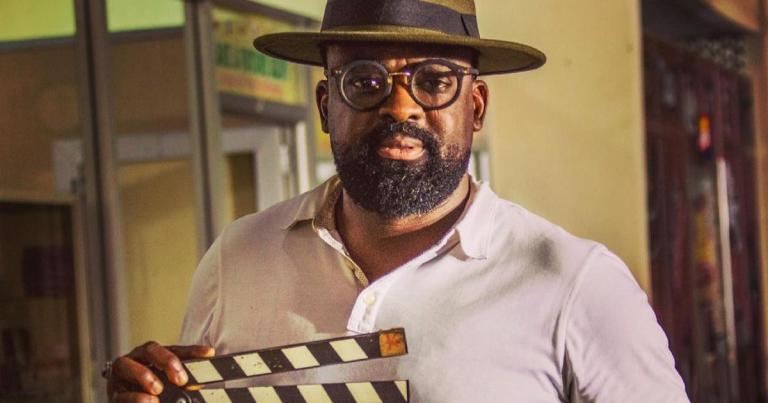Africa is stepping onto a new global court not only as a source of elite talent but as a fast-growing sports investment destination. From league expansion to arena development, franchise sales, media rights, merchandising, and fan-driven digital platforms, basketball is rapidly emerging as one of the continent’s most promising economic frontiers. With the NBA making a long-term commitment to Africa and institutional investors beginning to channel capital into the sector, the sports business landscape on the continent is entering a new era.
For decades, African athletes have conquered the global stage. Hakeem Olajuwon, Dikembe Mutombo, Joel Embiid, Pascal Siakam, and Giannis Antetokounmpo are among the many names that have dominated international basketball. However, the economic value generated by this talent has historically benefitted foreign leagues and markets. That narrative is changing as investors now aim to build a thriving, fully integrated basketball economy in Africa, one where the continent evolves from talent exporter to commercial hub.
Speaking at the Bloomberg Philanthropies Global Forum, NBA Commissioner, Adam Silver emphasized the scale of the opportunity, citing UN projections that Africa will be home to 40 percent of the world’s young people within the next 25 years. This demographic shift is a key reason the NBA is significantly deepening its footprint on the continent.
NBA Africa CEO, Clare Akamanzi explains that the vision extends beyond sport. The strategy is to use basketball as a catalyst for job creation, tourism, infrastructure, innovation, and entertainment. The Basketball Africa League has already provided a glimpse of what is possible. Within four years, it has generated close to 40000 jobs and contributed an estimated 250 million dollars in GDP across host countries.
This growth has supported businesses in technology, security, logistics, hospitality, media, gaming, analytics, and transportation, showing how a single sport can influence multiple industries.
Akamanzi points out that infrastructure development is the most important next step. Only about five African countries currently have NBA-standard arenas, creating a clear investment gap and a massive opportunity. The league’s goal is to expand the Basketball Africa League beyond its current four host nations to as many as 10, 12, or even 20. Countries such as South Africa, Nigeria, Senegal, Angola, Rwanda, Kenya, and several in North Africa are emerging as key growth zones. Every arena can stimulate thousands of jobs and fuel new revenue streams in entertainment, retail, urban development, and tourism.
Institutional investors are paying close attention. Ibrahim Sagna, Executive Chairman of Silverbacks Holdings, believes Africa’s sports market is at an early but promising stage. Research from Oliver Wyman values the current sports market at just over 2 billion dollars but projects it could exceed 20 billion dollars by 2035. Basketball is attractive to investors because of its predictable revenue model, scalable fan economy, growing media rights potential, and the long-term value associated with franchise ownership.
Masai Ujiri, co-founder of Giants of Africa and former Toronto Raptors president, is among those advocating for aggressive investment in sports infrastructure. Through a partnership with Helios Investment Partners, he is developing world-class sports facilities under The Zaria Group. Ujiri argues that sports in Africa should not be viewed as charity or recreation but as a viable economic driver capable of youth empowerment, urban renewal, and significant job creation.
Helios founder Tope Lawani shares a similar view and notes that investor appetite is increasing. Helios, one of Africa’s largest private equity firms, has backed NBA Africa, PFL Africa, and major companies such as Helios Towers, Vivo Energy, and Fawry. Lawani says global push factors such as declining returns in Western markets and African pull factors such as rapid digital adoption and strong demographics are aligning in favor of long-term investment. With Africa’s mobile-first population, the monetization potential in content streaming, sports betting, ticketing, merchandising, and fan engagement is immense.
Basketball in Africa is no longer simply about producing star athletes. It is about building a multi-billion-dollar industry on African soil, one that can become a core contributor to national and continental economies. If ownership reforms, arena financing, and media monetization continue to advance, Africa may become one of the most profitable and culturally influential sports regions in the world within a generation.
Basketball in Africa is no longer just a sport. It is an emerging marketplace and a rapidly expanding economy with Africa now positioned to claim and retain the value it creates.










